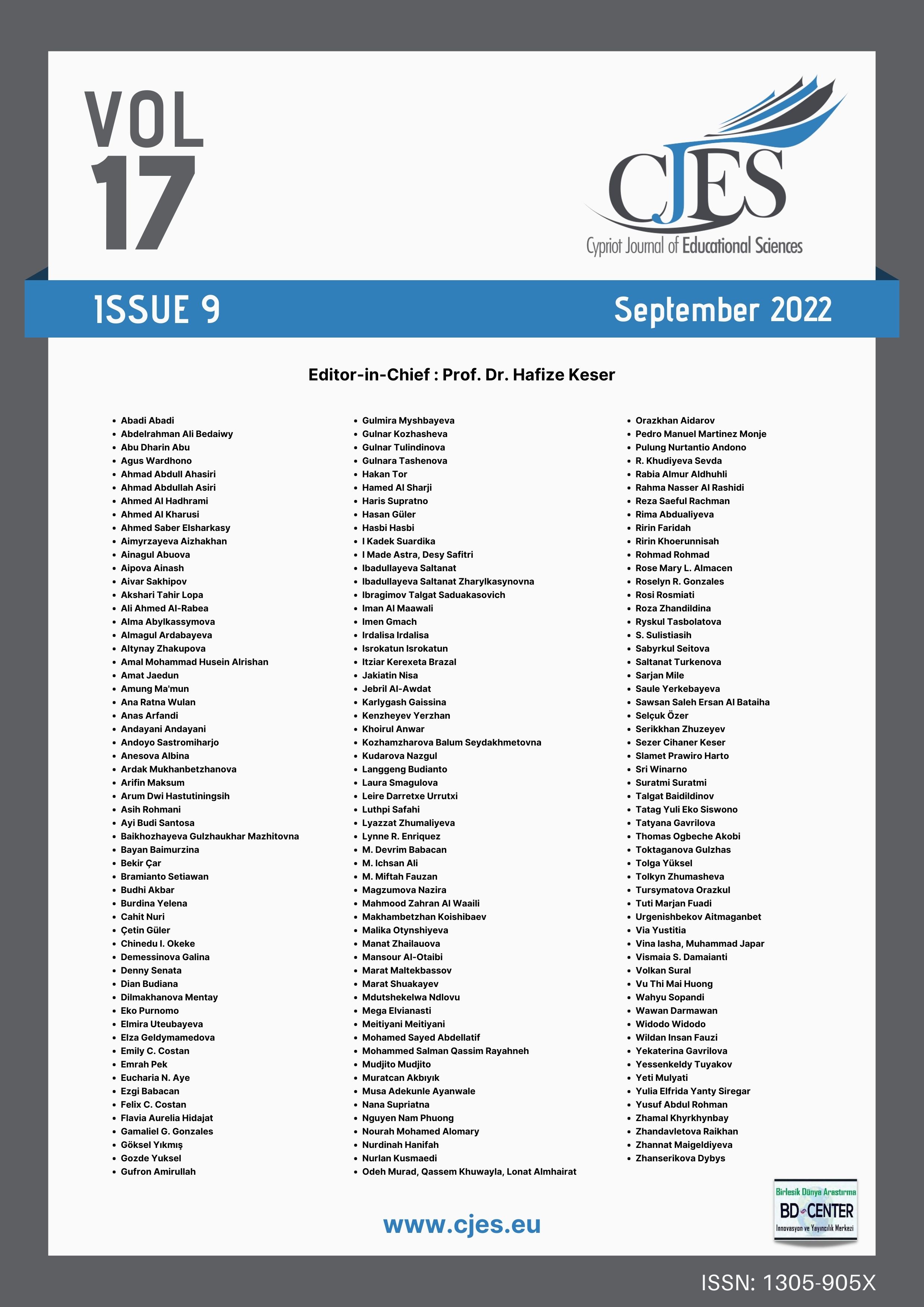Toward independence learning of disabled students through optimization of humanist approaches during the pandemic
Main Article Content
Abstract
Students with disabilities have equal rights in the service of education. They need extra help in learning and developing independence. Learning in the pandemic era could not be implemented optimally. There were several obstacles when learning during the pandemic era, e.g., limited teacher–student communication, material constraints and learning methods. This condition raises the problem of developing students with disabilities’ independence in the pandemic era. This article describes and analyses how humanistic approaches can develop students with disabilities’ independent learning. This research used qualitative paradigms with phenomenological approaches. Data were collected using observation, interview and documentation techniques. Data analysis uses interactive analysis of Miles and Huberman’s models. The results showed that the humanistic approach in elementary school inclusion programmes succeeded in developing the learning independence of students with disabilities by up to 80%. Strategies for developing humanistic approaches are carried out with biological approaches by developing the curriculum independently and creating a pleasant learning atmosphere.
Keywords: Learning, independence learning, disabled students, humanist, humanistic approaches
Downloads
Article Details

This work is licensed under a Creative Commons Attribution 4.0 International License.
Cypriot Journal of Educational Sciences is an Open Access Journal. The copyright holder is the author/s. Licensee Birlesik Dunya Yenilik Arastirma ve Yayincilik Merkezi, North Nicosia, Cyprus. All articles can be downloaded free of charge. Articles published in the Journal are Open-Access articles distributed under a CC-BY license [Attribution 4.0 International (CC BY 4.0)].
Birlesik Dunya Yenilik Arastirma ve Yayincilik Merkezi (BD-Center)is a gold open-access publisher. At the point of publication, all articles from our portfolio of journals are immediately and permanently accessible online free of charge. BD-Center articles are published under the CC-BY license [Attribution 4.0 International (CC BY 4.0)], which permits unrestricted use, distribution, and reproduction in any medium, provided the original authors and the source are credited.

